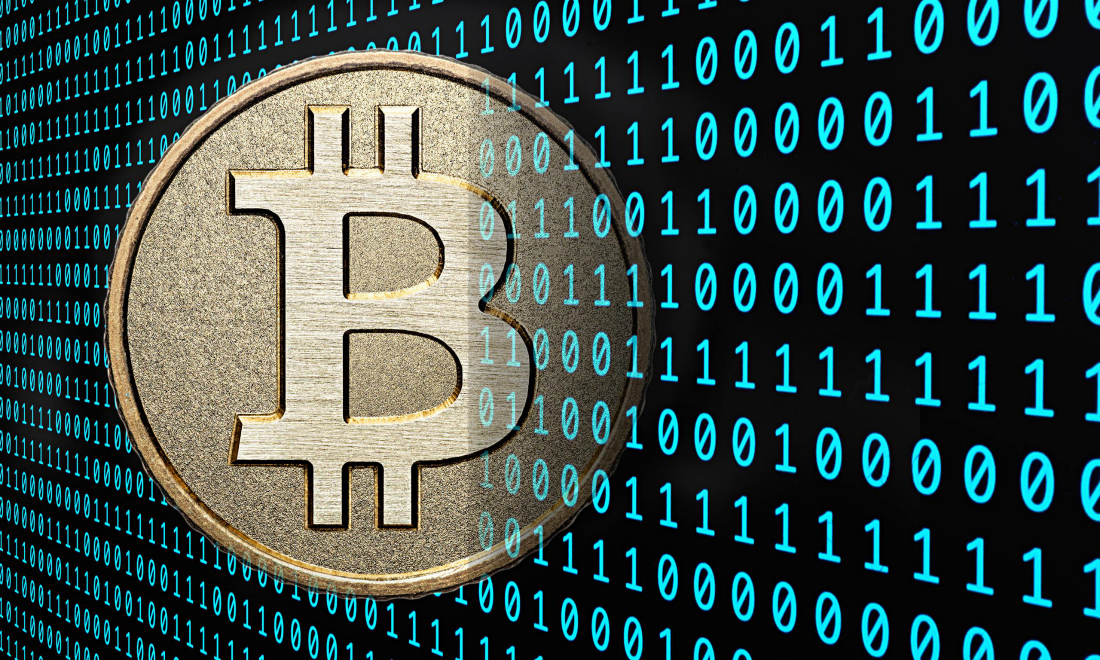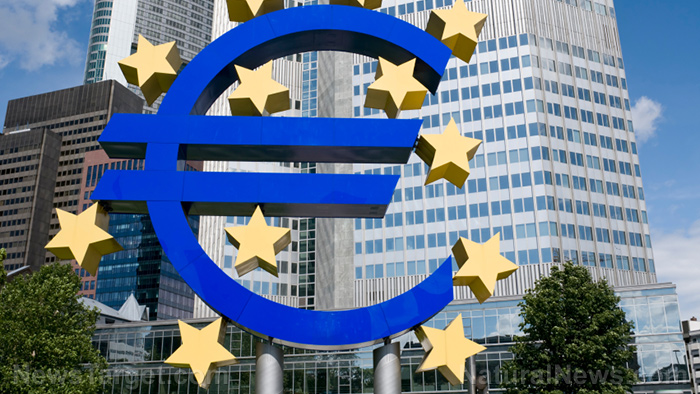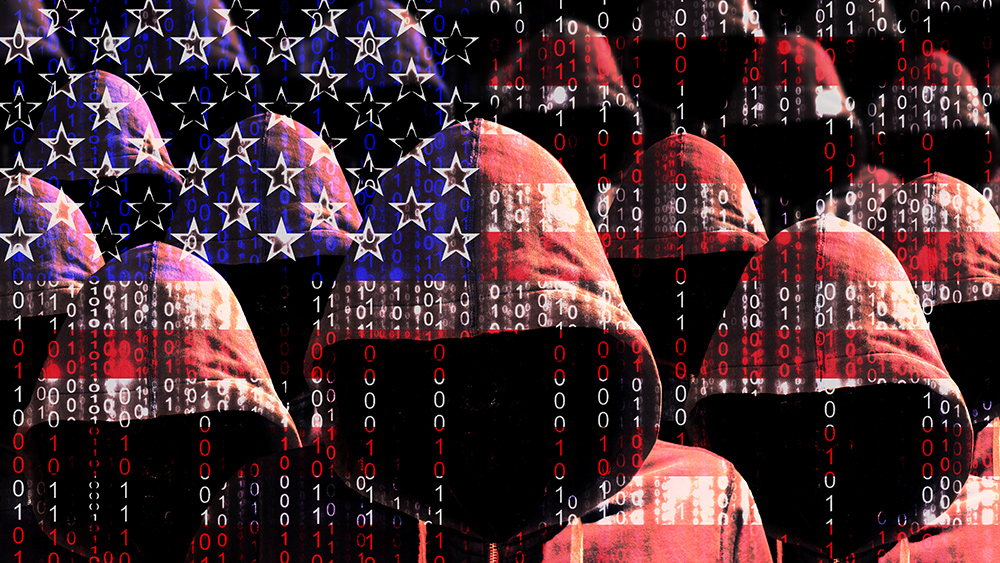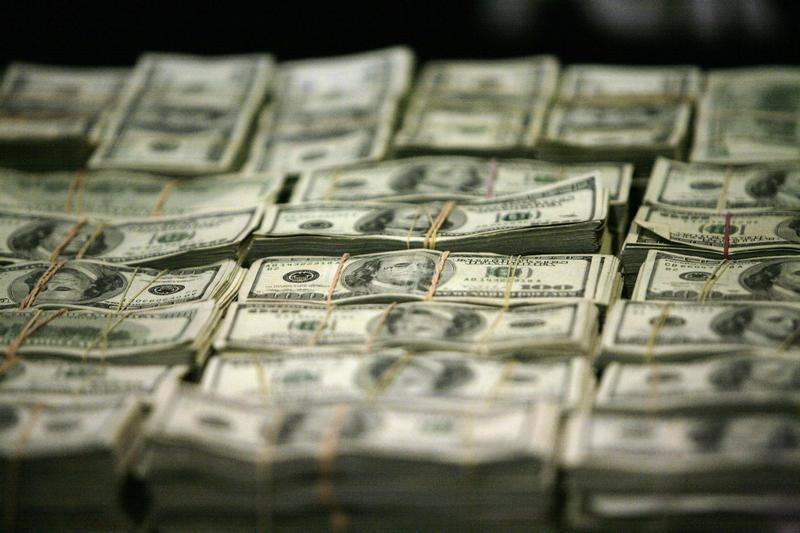El Salvador to continue purchasing Bitcoin despite agreement with IMF to scale back crypto policy
12/21/2024 / By Arsenio Toledo
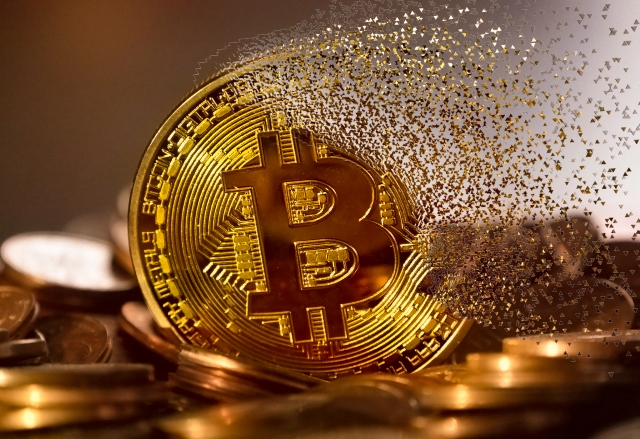
- El Salvador plans to continue increasing its strategic reserve of Bitcoin despite an agreement with the IMF.
- El Salvador agreed to reduce its exposure to cryptocurrency in exchange for a $1.4 billion loan from the IMF, subject to other conditions like limited public sector Bitcoin involvement and enhancing financial regulations.
- Bitcoin remains legal tender in El Salvador, with the government holding nearly 6,000 Bitcoins worth approximately $560 million as a strategic reserve.
- Bitcoin was adopted as legal tender in 2021, but its use among the general population of El Salvador remains very limited.
El Salvador has announced it will continue purchasing Bitcoin, potentially at an accelerated pace, despite reaching a financing agreement with the International Monetary Fund (IMF) that calls for scaling back the country’s exposure to the cryptocurrency.
The announcement comes as part of a broader $1.4 billion loan deal for El Salvador that the IMF agreed to finance on the condition that the government of President Nayib Bukele implement certain provisions aimed at reducing the risks associated with the country’s official adoption of Bitcoin as legal tender in the country.
El Salvadorian National Bitcoin Office Director Stacy Herbert confirmed on social media platform X that Bitcoin would remain legal tender in the country and that the government would continue to add to its strategic reserves. (Related: Russia considering developing a strategic Bitcoin reserve.)
El Salvador currently holds 5,968 Bitcoins. As of press time, with one Bitcoin valued at around $94,000, El Salvador’s strategic Bitcoin reserve is currently worth around $560 million.
The IMF agreement will see the agency provide a $1.4 billion loan to El Salvador. Additional funding from the World Bank, the Inter-American Development Bank and several other regional development banks are expected to bring the total amount of funding provided to El Salvador rise to $3.5 billion. This agreement is subject to approval by the IMF’s executive board.
The agreement stipulates that Bitcoin acceptance by the private sector will be voluntary, and the public sector’s involvement in Bitcoin-related activities will be limited.
Additionally, the government’s use of the Chivo Wallet, a cryptocurrency e-wallet that was launched as part of the country’s Bitcoin rollout in 2021, will either be shut down or sold to the private sector. The agreement also emphasizes the need for enhanced transparency, regulation and supervision of digital assets to safeguard financial stability, consumer protection and financial integrity.
The IMF deal also includes provisions aimed at reducing the country’s public debt-to-GDP ratio, strengthening fiscal transparency and governance, and enhancing fiscal and financial sector resilience. The deal is expected to be considered by the IMF executive board in early February.
Bitcoin adoption in El Salvador still limited despite government efforts
El Salvador’s decision to continue purchasing Bitcoin has been interpreted by some analysts as a strategic move to counter potential negative perceptions of the cryptocurrency’s role in the country following the IMF agreement.
Eugene Epstein, head of trading and structured products for North America at Moneycorp, suggested that the government’s announcement might be aimed at mitigating any blowback from the perceived diminished status of Bitcoin in El Salvador.
“Given the size and likely the terms of the IMF deal, it was probably worth for [Bukele] to do that,” Epstein said.
The country’s Bitcoin strategy has been a contentious issue since its inception. In September 2021, El Salvador became the first nation in the world to adopt Bitcoin as legal tender alongside the U.S. dollar. The move was met with skepticism from the IMF, which warned of financial and legal risks associated with the decision. However, the IMF recently stated that these risks “have not materialized.”
Bukele has been a vocal advocate for Bitcoin, promoting El Salvador as a hub for digital currency trading. The country has hosted events such as the “Adopting Bitcoin” conference and is home to “Bitcoin Beach,” a tourist destination where businesses have embraced Bitcoin as a form of payment.
Despite these efforts, Bitcoin adoption has been limited among the general population of El Salvador. According to a report by the Wall Street Journal, most residents who received $30 in Bitcoin through the Chivo Wallet used it to purchase groceries or exchange it for dollars rather than holding onto the cryptocurrency.
Watch this episode of “X22 Report” discussing the IMF’s Bitcoin deal with El Salvador.
This video is from the Sanivan channel on Brighteon.com.
More related stories:
Why Trump must end capital gains taxes on Bitcoin.
NSA whistleblower Edward Snowden warns that Bitcoin transactions aren’t as anonymous as people think.
Sources include:
Submit a correction >>
Tagged Under:
big government, bitcoin, Bubble, conspiracy, crypto cult, cryptocurrency, currency crash, currency reset, digital assets, economic riot, El Salvador, finance riot, IMF, International Monetary Fund, money supply, pensions, risk
This article may contain statements that reflect the opinion of the author
RECENT NEWS & ARTICLES
COPYRIGHT © 2017 BITCOIN CRASH NEWS


